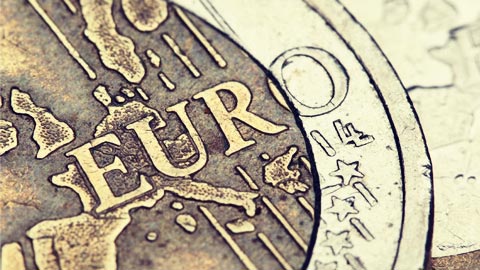Europe is at a pivotal point in its financial evolution, with the potential introduction of a digital euro on the horizon. European Central Bank Chief Economist Philip Lane emphasizes the urgency of establishing a digital currency to mitigate risks associated with emerging forms of money, such as stablecoins, and to decrease dependence on American payment systems amid rising geopolitical tensions.
As European lawmakers prepare to make a definitive decision regarding the digital euro initiative by year-end, they must confront the realities of a changing global landscape. Lane pointed out that the political climate in the U.S., particularly during Donald Trump’s administration, has highlighted a growing antagonism toward Europe.
At a recent conference in Cork, Lane articulated a broader trend toward a multipolar monetary system, wherein payment methods and currencies are increasingly utilized as tools of geopolitical leverage. He noted that approximately 65% of card transactions in the euro area are processed by Visa and Mastercard. Additionally, major U.S. tech companies like Apple, Google, and PayPal continue to dominate the financial landscape.
“This reliance poses significant risks, exposing Europe to potential economic leverage and undermining its strategic autonomy,” Lane cautioned. Such a situation may hinder Europe’s control over essential components of its financial framework.
The emergence of stablecoins represents another formidable challenge, particularly given that 99% of the stablecoin market is pegged to the U.S. dollar. Lane warned that the proliferation of these digital assets could diminish the role of central bank money, ultimately jeopardizing monetary sovereignty. If these stablecoins predominantly rely on foreign currency assets, Europe may face the risk of “digital dollarization,” which would diminish its ability to regulate its own economic environment.
In this context, Lane advocates for the digital euro as a viable countermeasure, asserting that it would empower Europe to maintain oversight over its financial landscape. He summed up the importance of this initiative by stating, “The digital euro is not merely a means to modernize our monetary system; it embodies Europe’s commitment to safeguarding its financial and monetary future amidst escalating geopolitical fragmentation.”
